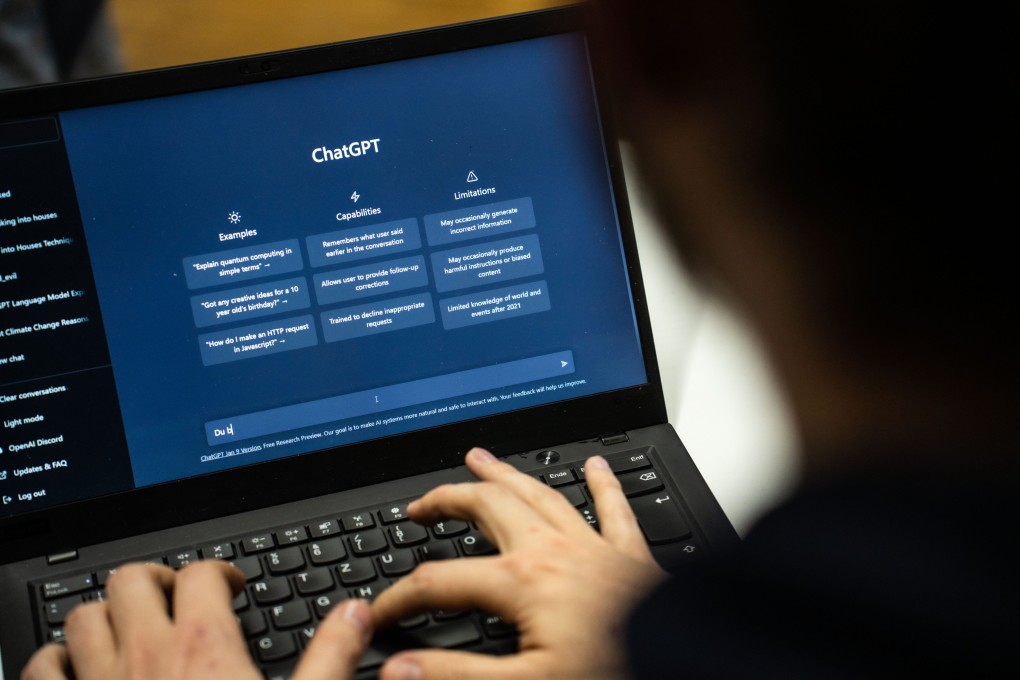Letters | Why universities should overcome students’ AI hesitancy
- Readers discuss skills students should be equipped with to use generative AI effectively, and ways to ease student stress in Hong Kong

The passion for ChatGPT seems to have subsided recently. Or has it?
The AI detector tool I ran suggested that generative artificial intelligence (GenAI) had not been used for most of the assignments submitted to me. When asked, just a few students said they had found GenAI useful for correcting grammar. Students’ reluctance to use the technology is understandable as they might wish to leave no room for doubt about their academic honesty.
Another issue is the limitations of the current AI detector tools. First, the detector is unable to analyse the ways students used GenAI for their homework. Whenever it detects the use of GenAI, it only shows a percentage. Teachers still need to check with students individually to ascertain whether there was any unethical use of GenAI.
Second, the tool cannot detect fake information generated by GenAI. Lecturers have to scrutinise each source cited to ensure its reliability.